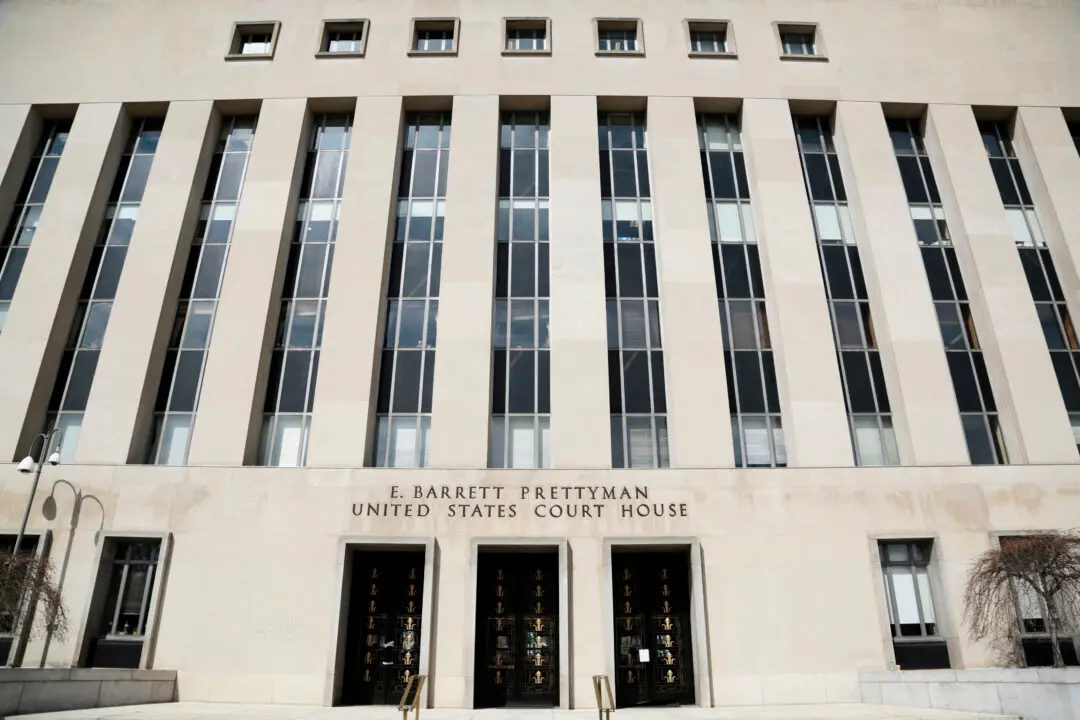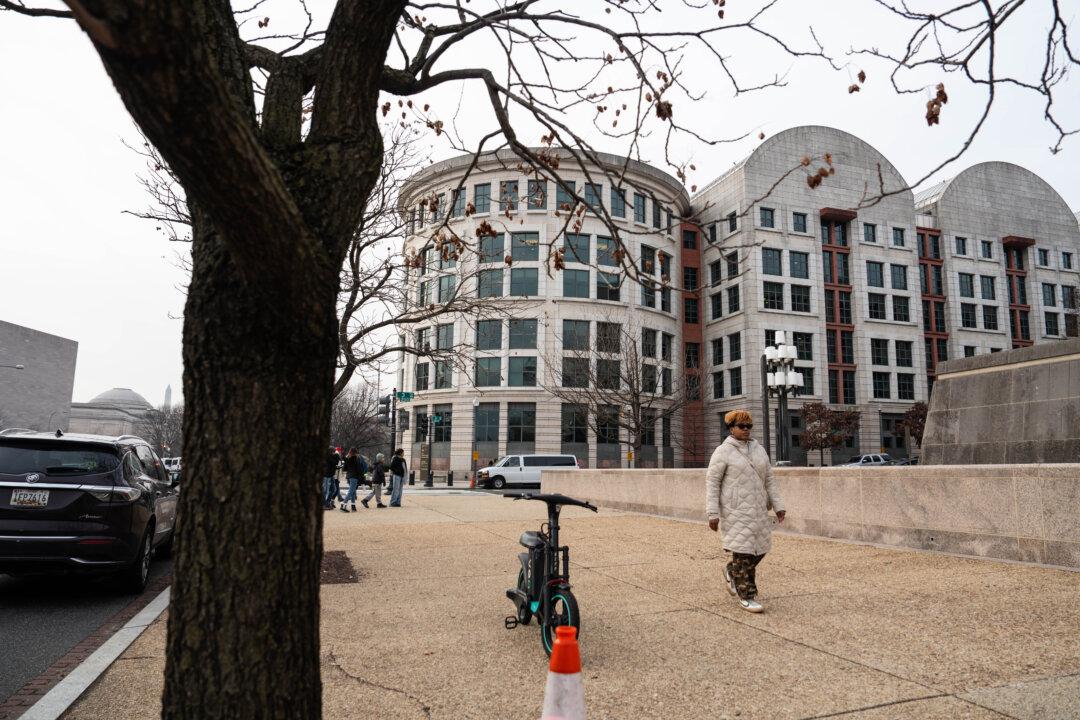A federal judge declined to block the Department of Government Efficiency (DOGE) from accessing the Department of Education’s student financial aid data on Feb. 17.
The ruling stems from a lawsuit brought by the University of California Students Association (USCA) against the Education Department and its acting secretary, Denise Carter.





